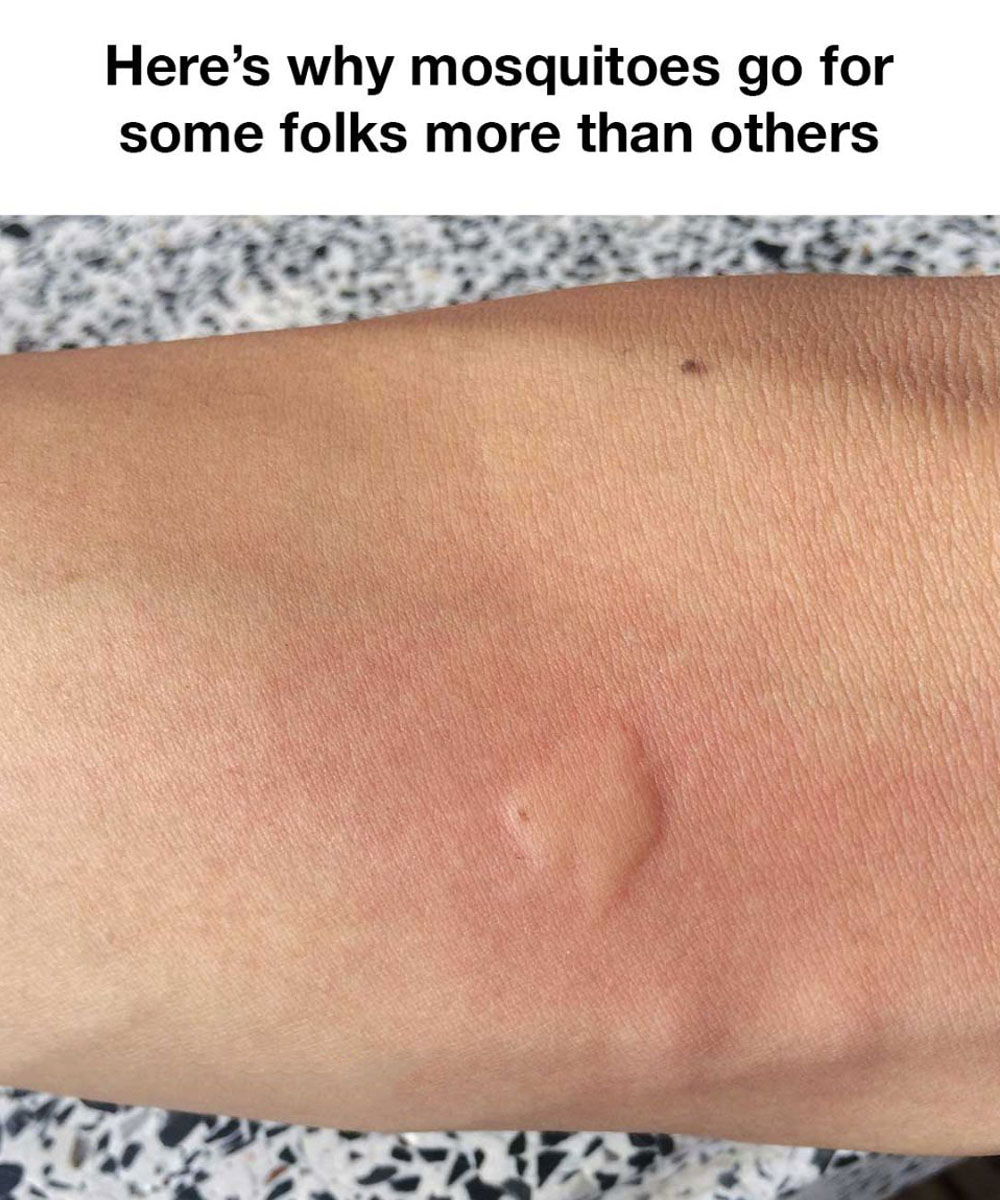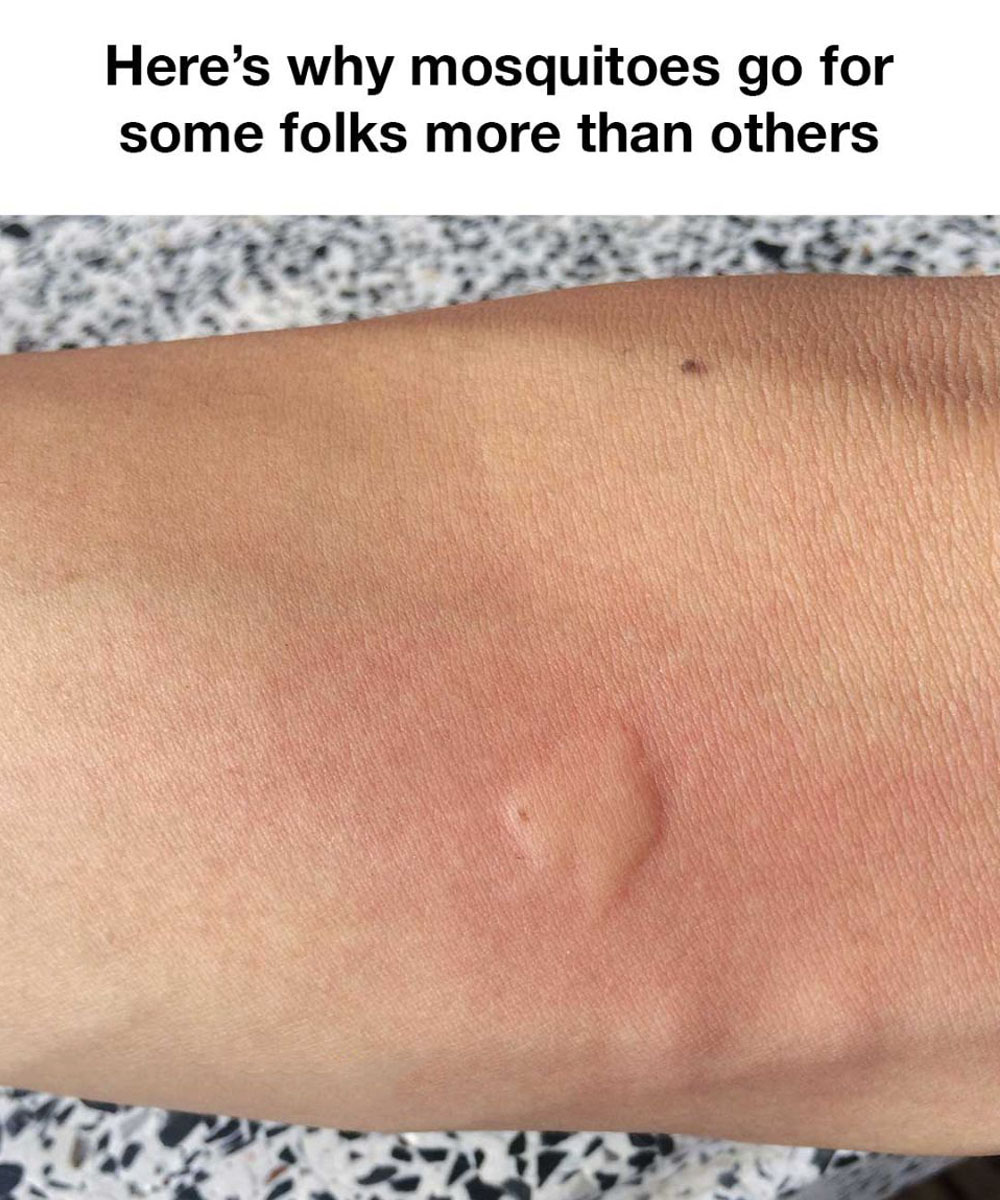
Mosquitoes are widely regarded as some of the most bothersome pests, known for their irritating buzz and the itchy bites they leave behind. But their preference for certain individuals isn’t as random as it may appear. Many people find themselves frequently targeted, while others rarely get bitten, prompting curiosity about the reasons behind this difference.
This article explores the science of mosquito attraction, examining factors such as body odor, carbon dioxide output, genetics, and even clothing choices. By understanding what draws mosquitoes to specific people, we can discover effective ways to reduce our appeal and better shield ourselves from these persistent insects.
1. The Science Behind Mosquito Attraction
Mosquitoes are highly specialized insects with sophisticated sensory systems that help them locate their hosts. They rely on a combination of chemical, visual, and thermal cues to find their next meal. Research has shown that mosquitoes can detect carbon dioxide from up to 50 meters away, which is one of the primary signals they use to home in on potential hosts.
In addition to carbon dioxide, mosquitoes are attracted to certain chemicals found in human sweat and skin. Lactic acid, ammonia, and other compounds are known to play a role in mosquito attraction. These chemicals vary from person to person, which is why some individuals are more prone to mosquito bites than others.
2. The Role of Body Odor in Mosquito Preference
Body odor is a significant factor in mosquito attraction. The bacteria on our skin break down sweat into compounds that mosquitoes find irresistible. Studies have shown that people with a higher concentration of certain bacteria on their skin are more attractive to mosquitoes. For example, individuals with higher levels of Staphylococcus and Pseudomonas bacteria tend to receive more bites.
Moreover, the composition of body odor can be influenced by diet, genetics, and personal hygiene. Consuming certain foods, such as garlic and onions, can alter body odor and potentially make a person less appealing to mosquitoes.
3. How Carbon Dioxide Emissions Attract Mosquitoes
Carbon dioxide is a major attractant for mosquitoes. Humans exhale carbon dioxide with every breath, and the concentration of this gas can vary depending on factors such as physical activity and metabolic rate. Mosquitoes have specialized receptors that can detect carbon dioxide, allowing them to locate potential hosts from a considerable distance.
Interestingly, pregnant women and individuals with higher metabolic rates tend to emit more carbon dioxide, making them more attractive to mosquitoes. This is why pregnant women often report being bitten more frequently than others.
4. Body Temperature: A Key Factor in Mosquito Selection
CONTINUE READING ON THE NEXT PAGE 🥰💕

